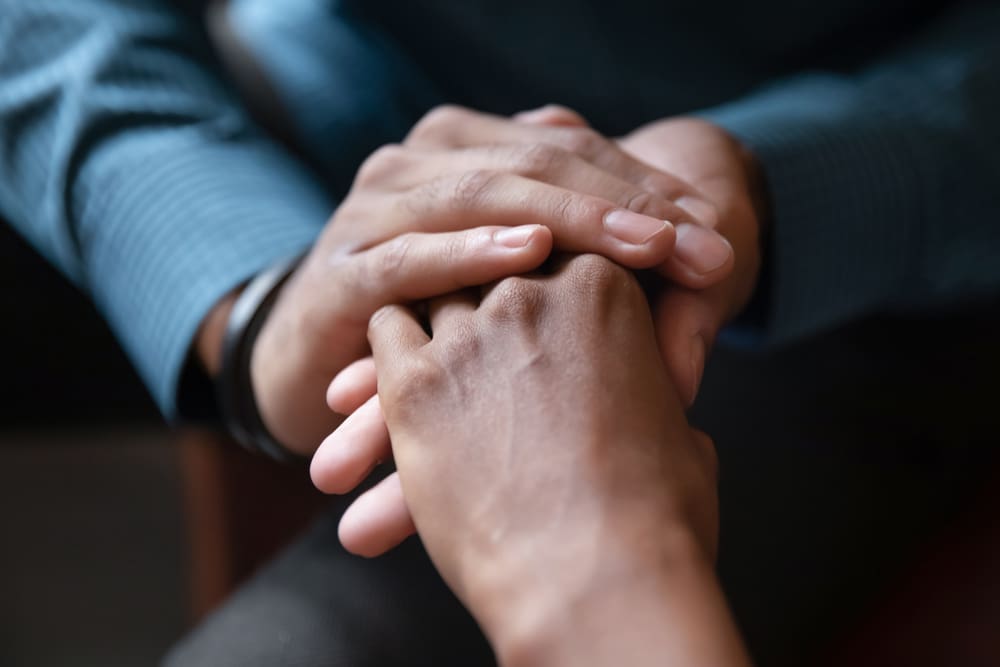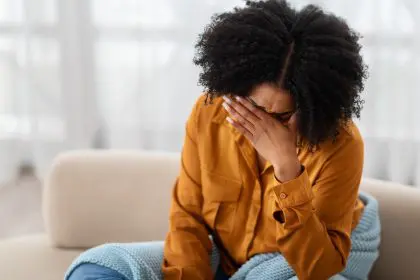In the whirlwind of modern life, navigating mental strain has become a shared experience for many. From the relentless pace of daily routines to the weight of societal norms and professional demands, individuals find themselves wrestling with heightened stress, isolation and emotional turbulence. These pressures — often unspoken — weave a complex web that can impact mental well-being profoundly. Yet, within these challenges lies an essential realization: the importance of acknowledging, reporting and seeking support for mental strain. In this fast-paced landscape, understanding the significance of addressing these issues head-on becomes paramount. From breaking the silence around mental health struggles to forging connections that combat isolation, and finding confidants who offer solace and guidance, these actions form the bedrock of navigating the delicate terrain of mental well-being in today’s world.
Understanding Mental Strain
Mental strain encompasses a broad spectrum of emotions and experiences. From stress and anxiety to depression and burnout, individuals often find themselves grappling with these issues silently. Recognizing the signs and acknowledging one’s mental state is the crucial first step toward seeking help and support.
Reporting Incidents: Breaking the Silence
One of the most significant barriers to addressing mental strain is the stigma attached to discussing it openly. However, reporting incidents of mental strain is an essential step in breaking this stigma. It involves sharing experiences, expressing emotions and seeking professional assistance when needed. By fostering open conversations in workplaces, educational institutions and communities, we can create supportive environments where individuals feel comfortable reporting their struggles without fear of judgment.
Overcoming Isolation: Connecting in a Disconnected World
Isolation exacerbates mental strain, leading to feelings of loneliness and despair. The digital age paradoxically provides numerous means of connection yet often leaves individuals feeling more isolated than ever. Combatting isolation involves reaching out, fostering meaningful connections and actively participating in communities or support groups. By engaging in conversations, sharing experiences and empathizing with others, individuals can break the cycle of isolation and find solace in human connections.
Seeking Supportive Confidants: Building a Support System
Confiding in someone trustworthy can significantly alleviate mental strain. Whether it’s a friend, family member, mentor or mental health professional, having a supportive confidant can provide validation, guidance and emotional support. Building a support system is crucial in navigating the complexities of mental health challenges. It involves seeking out those who listen without judgment, offer encouragement and provide resources for professional help when necessary.
Prioritizing mental health is a journey marked by resilience and compassion, a journey that begins with recognizing the significance of addressing mental strain, isolation and seeking supportive confidants. It’s a collective effort, an embrace of openness that shatters the silence enveloping mental health challenges. This journey hinges on fostering dialogues that encourage understanding, empathy and action.
Acknowledging the need for support isn’t a testament to weakness; it’s a courageous step towards healing. It’s about creating safe spaces where individuals feel empowered to speak, share and seek guidance without fear of judgment. By nurturing these environments, we pave the way for robust support systems, ones that extend bridges of empathy and reassurance.
Together, we mold communities that value mental well-being as an integral part of holistic health. It’s in these communities that individuals find strength in vulnerability, solace in connection and courage in seeking help. It’s a collective commitment to uplift and nurture, to erase stigma and to build a world where mental health is regarded with the same importance as physical well-being.
In this collective endeavor, let us continue fostering empathy, understanding and active support. Let us be the catalysts for change, creating communities where mental well-being thrives, and every individual feels seen, heard and supported on their journey towards a healthier, more resilient self. Together, let’s champion mental health for all.
This story was created using AI technology.














